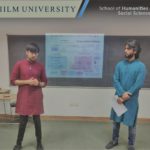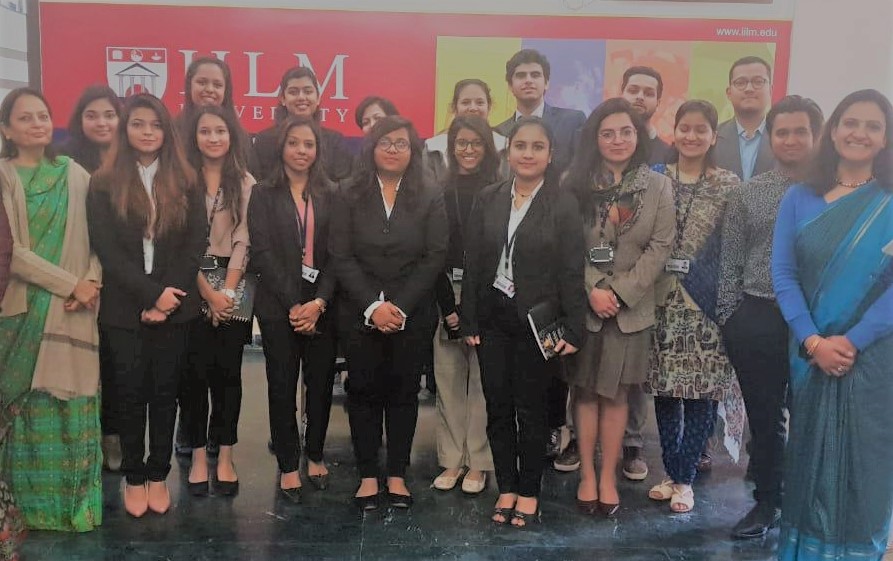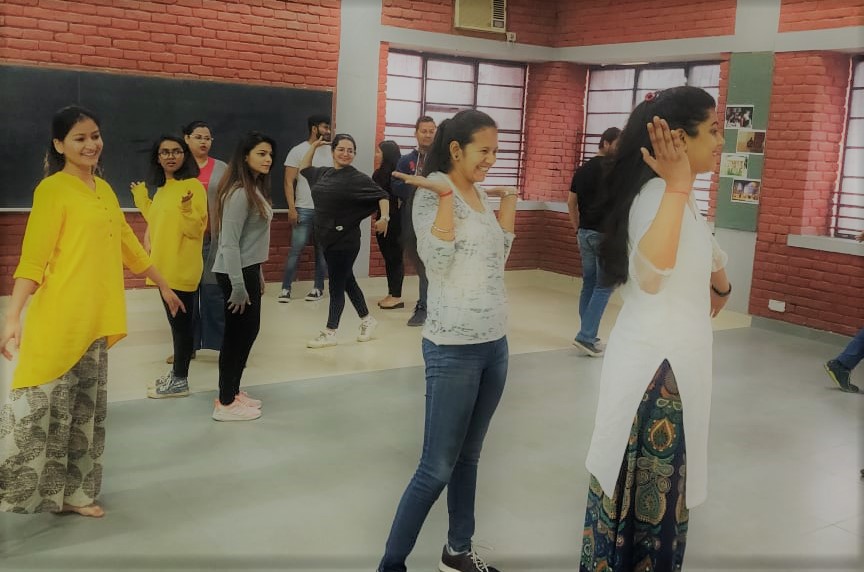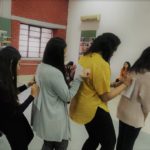‘Words are, of course, the most powerful drug used by mankind.’ – Rudyard Kipling
Communication is central to the very existence of humans. Man has been communicating since time immemorial. Communication is the lifeblood of our whole being. In every age of man’s existence on earth, communication has acted as an agent of facilitation, social life, and development. Cavemen developed their own lingua franca to make meanings out of things and send meaningful messages. They also communicated through art. As the importance of communication is second only to oxygen for humans, the importance never lost its sheen throughout homo sapiens journey in the historical chapters of planet earth. In the modern ages or in other words, the competitive world, which is, even more, a world of survival of the fittest, every day demands constant steadfastness in the face of challenges and opportunities, both in personal and professional arenas. Nobody wants to lose the opportunity to fair well or make better of it.
Present times are fraught with people battling stress. Resultant of the busy competitive world we live in, stress eats away on our happiness and well-being like a termite which is evident in high divorce rates, dysfunctional parenting, on-job burnout, boss-conflicts at the workplace, joblessness, violence, depression, increasing suicide rates, etc. There is a continuous nag that ‘nothing is ever going to be enough’ constantly nudges at you. Communication helps to combat stress as we learn to express ourselves, thereby clearing doubts and confusion, and building valuable connections. But communication must be effective so as to be of any use in delivering the right message, to the right audience at the right time and make a fruitful impact. ‘Effective communication’, remains the no.1 skill to lead and manage a successful life.
The Communication Gap
Today the world is impatient, does not wait for anybody. Everyone wants to grab that chance to a better life, job, or income. This demands us to constantly up-skilling ourselves, and being in the right circles, aka, effective networking. But, even here, to be successful, we need an empathetic human to human connection. Communication gaps can hinder relationships between boss-employee, teacher-student, parent-child, siblings, and friends. Married couples ought to work on their marriage by constantly enhancing communication and listening.
Effective communication can act as a glue and heals discord, builds bridges, which is good both for business and personal life. While everyone starts their professional life equipped with in-demand degrees or skill certifications it is the skill of effective communication that decides who will sustain in the race and be the best or among the best, to succeed, to grow, and to enjoy the journey that life presents.
Tools for Effective Communication
Good communication is a crowd puller. Imagine a leader without the art of communication. As simple as it may seem, communication to be effective is still a challenge for many. The ways of what is good in oral communication differ from what makes an impression in written form. Also, styles and techniques of communication differ from person to person, situation to situation, and medium of communication.
Oral Communication: When it comes to improvement in oral communication to become good public speakers, orators or impress in meetings and interviews, skills can be honed by listening to good speakers, study their body language and use of vocabulary as much as possible. It is very important to understand aspects of the speech like tone, fluency, eye contact, pauses, use of space, gestures, etc. Using anecdotes, emotional stories, poetry, couplets, and humor enhances oral communication by helping build connections with the audience. The only thing to be kept in mind is to not over-do these tools and use them appropriately. Regular practice and proper planning help sharpening the oration skills immensely.
Written Communication: Written communication is very important from documentation and legality perspective. Academic teaching and learning, business transactions, print media, legal issues, emailing, etc. depend on written communication. It is very important for a writer to write and convey their thoughts clearly. The inability to write what one wants to express will be an impediment to one’s success. Tools like using the right approach, style, and words help in creating powerful, meaningful messages for the readers. practicing the use of correct grammar and spelling (Grammarly app is one such tool) and setting the right tone in the writing is very important. If not drafted well, written communication can fail or backfire due to misunderstanding, as it does not have the advantage of being face-to-face.
Visual Communication: Pictures, graphs, charts, and all kinds of imagery are part of visual communication. Pictures/images speak a thousand words, have the power to set the tone of communication, leave an impact, and project the intended message without hours of speech or pages and pages of writings. The presenter must have the skill to navigate the mind and eyes of the audience to create an impactful visual presentation with the right captions, slogans, etc. Learning visual arts professionally or with practice and guidance can tremendously help a communicator.
Overall, for effective communication, it is very important to know the mind of the audience and shape the message accordingly by appropriate use of communication tools.
Communication Skills in Education
A good communication course or certification is an added advantage but not enough to become a real good communicator. Life experiences and good education teach us that indispensable skill. Not many organizations especially educational institutions, present an education rigor that makes one an effective communicator. But there are some which do. World-class educational institutions like IILM in the Delhi NCR region, have a brilliant history of producing positive minded and competent professionals with excellent communication skills. Such institutions are known to lay stress on creating a learning ethos with communication skill development at its core. Students hone their oral and written communication through impactful and professionally designed study programs including active and participatory classwork, club activities, dissertation, outreach projects, competitions, events, etc. Every student comes out of their shell, gains the confidence to stand up in face of an audience, learns skills to lead, collaborate and connect through good verbal and non-verbal skills and shun negativity from their life.
For students, as college years are formative years of their personality and crucial years for building their career base, IILM is a great investment for those years and emerges confident and competent.











 At IILM University which is considered one of the best private universities for Psychology around Delhi/NCR, we teach critical thinking and communication skills along with other courses where we discuss how anger does not become an issue till you keep ignoring it. Reaching to the core of an internal conflict and addressing concerns is half battle won without inflicting pain to self or others.
At IILM University which is considered one of the best private universities for Psychology around Delhi/NCR, we teach critical thinking and communication skills along with other courses where we discuss how anger does not become an issue till you keep ignoring it. Reaching to the core of an internal conflict and addressing concerns is half battle won without inflicting pain to self or others.
